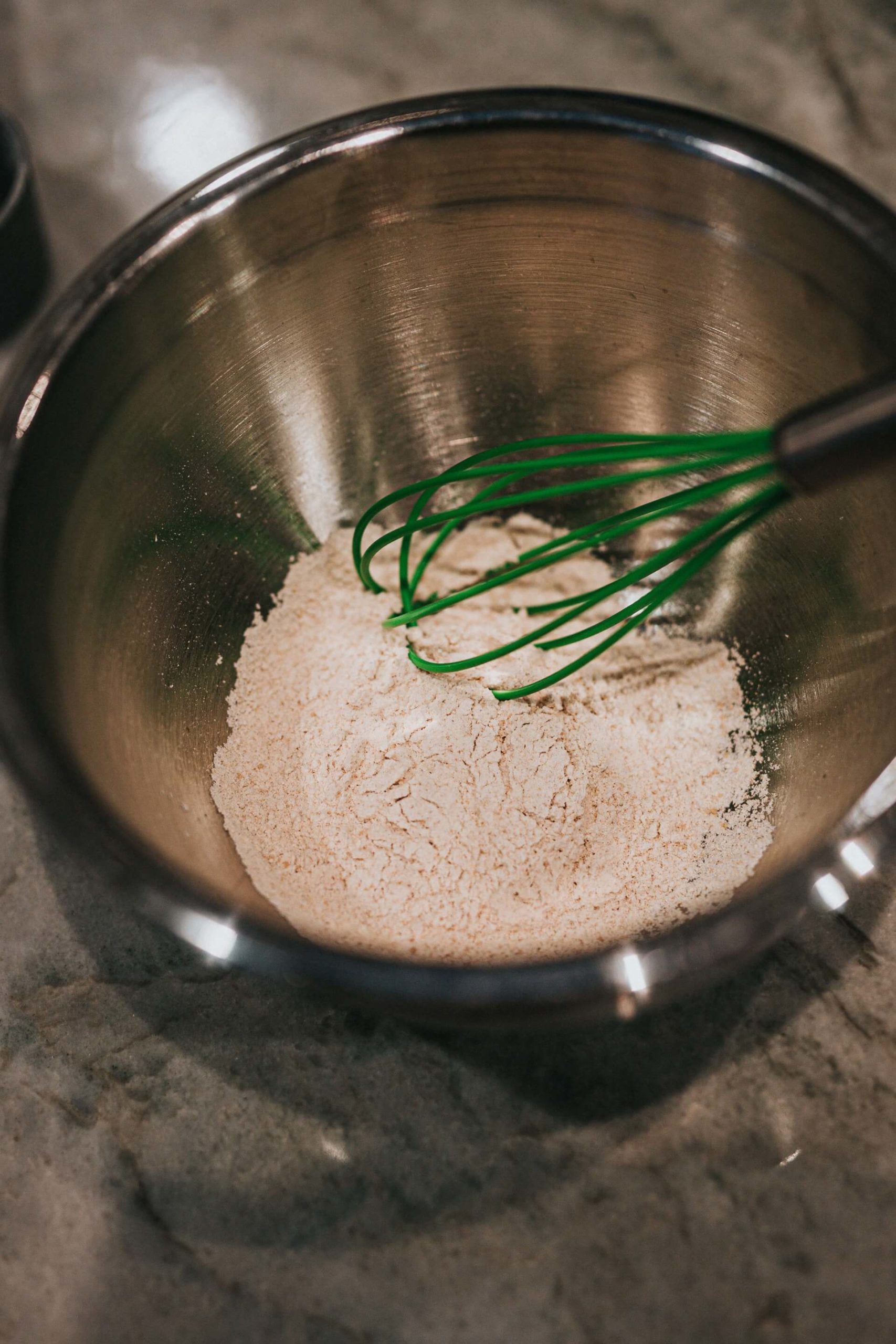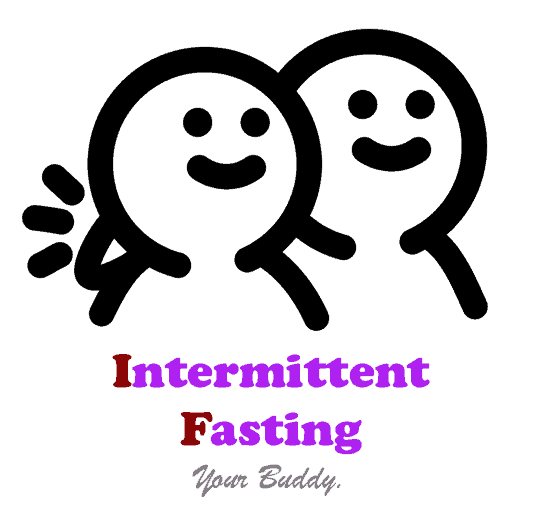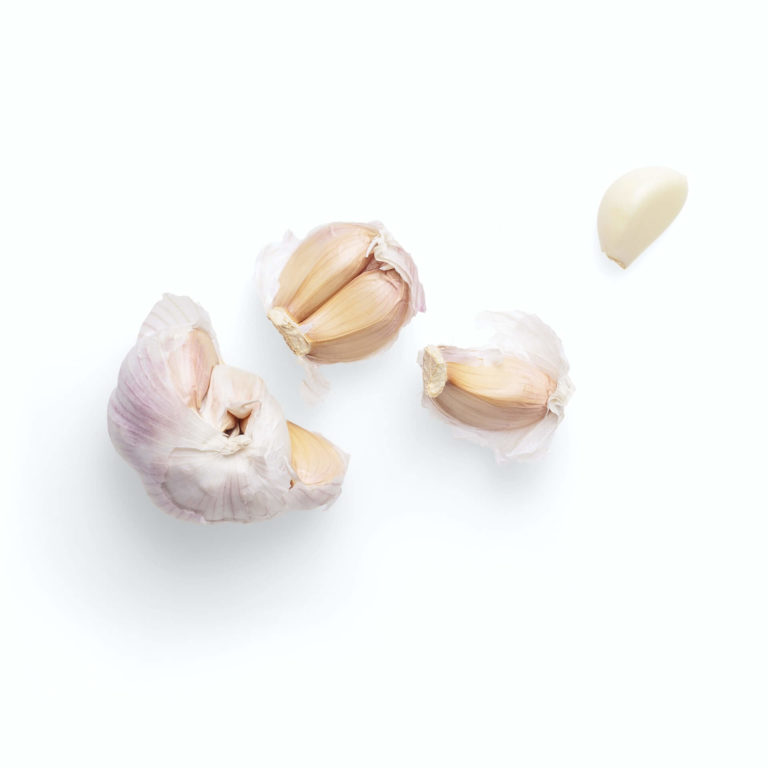As a health and nutrition enthusiast, you probably heard there are plenty of benefits to eating garlic on an empty stomach. And if you’re already doing intermittent fasting, the next question you might have is: does garlic break a fast?
Garlic is fairly high in carbs. Its glycemic index is 30, which is considered low and should be safe even for people with diabetes. However, eating just 1 clove of garlic (about 3 grams), won’t take you over 1 gram of carbs. That being said, it all depends on you and your body and how you react to garlic. Some tolerate it very well, others will find themselves needing more foods afterward.
So let’s explore the topic of garlic during a fast, its benefits, and its side effects.
Does garlic break a fast?
The true definition of fasting will tell you to abstain from all and any food during your fast. However, most intermittent fasting methods allow you some foods, as long as you remain under 1 gram of carbs.
Believe it or not, garlic, in large quantities has a significant amount of calories. So, yes, if you want to eat 5-10 cloves on an empty stomach, garlic will break the fast. One clove of garlic has 4.5 calories and 1 gram of carbs. For most intermittent fasting variations, this will be acceptable, as it doesn’t go above the acceptable carbs limit. However, some like to keep calories under 1 as well, in which case, garlic would be a ‘no’.
In other words, it depends on how strict your fasting diet is. If you’re ok with eating 4.5 calories, then 1 clove of garlic is ok. Otherwise, you should only have it when you break the fast. You’ll still get all the benefits of eating garlic on an empty stomach!
There are no official studies regarding the effect garlic has on gut rest and autophagy, so if these are your fasting goals, there’s sadly no definitive answer. However, it is safe to assume that it stimulates the gut when digested. Whether 1 single clove is enough for this to happen, it is difficult to say and it could vary from person to person.
Does garlic powder break a fast?
Garlic powder is usually used in foods as a condiment, but it may also be used to flavor drinks. Does it break a fast? Yes, it does. One teaspoon of garlic powder has 27 calories and 6 grams of carbs. Without any studies on how it affects gut health or autophagy, it is safe to assume fasting for either of these reasons would be broken as well. In other words, leave the garlic powder for your eating window.
Benefits of eating garlic on an empty stomach
Garlic is great for lower cholesterol and combating sickness, including the common cold. But eating it on an empty stomach has some more benefits.
For instance, eating 1-2 cloves on an empty stomach can aid weight loss. Studies even show garlic can speed up metabolism, which is crucial if you want to lose weight.
Another study showed that raw garlic may help lower blood sugar levels, which makes it a perfect natural remedy for people with diabetes.
Garlic has also proven to be great for cardiovascular health. Several studies on humans show garlic can reduce blood pressure in those who suffer from high blood pressure. However, you should keep in mind the doses you’ll need to see an effect on blood pressure are fairly high and could be hard to get from just raw garlic. Supplementation is usually better for cardiovascular health, which is even better news if you’re fasting, as these supplements will rarely break your fast.
The same is true for its effects on cholesterol. While you may see benefits with a small daily dose of raw garlic, supplementation will usually be necessary if you want a stronger effect.
Garlic is also rich in prebiotics and probiotics, which are crucial for gut health. Its vitamins and minerals play an important role in liver, kidney, and bladder health. They all work together, reducing stomach acid, and help you have better digestion.
Side effects of eating garlic during a fast
The side effects of eating garlic on an empty stomach will vary from person to person. Some people tolerate it well, without any issues. Others have to limit the intake both on an empty stomach and during other meals.
Despite its benefits on gut health and digestion in general, some people experience things like heartburn, diarrhea, gas, nausea, and even vomiting. These issues are more common with raw garlic, but they aren’t unheard of among those who use powder or supplements. People who use blood thinners also need to speak to a doctor about garlic consumption as they don’t always go hand in hand.
Another benefit that can turn into a side effect is the lowering of the blood pressure. Consuming high amounts of garlic, or a lot of garlic supplements could make your blood pressure drop too low. This is also a side effect you could experience if you have normal to low blood pressure naturally, especially when eating garlic during a fast.
The bottom line
Garlic has many health benefits, both when eaten with meals and when taken on an empty stomach. But does garlic break a fast? Anything more than one clove does. Surprisingly, garlic comes with plenty of calories and carbs. The good news is, you don’t need to eat a large quantity to experience many of its benefits. Garlic powder, on the other hand, is a ‘no’ during a fast, as even 1 teaspoon can break a fast.
There are no studies regarding garlic and fasting for gut rest and autophagy, so we can’t say anything about this topic. If you want to be safe, eat the garlic during your eating window, or break your fast with it if you want to have it on an empty stomach.
Don’t forget that its benefits can also become side effects, so be mindful of how you’re feeling and start with a low quantity first to avoid any issues.

